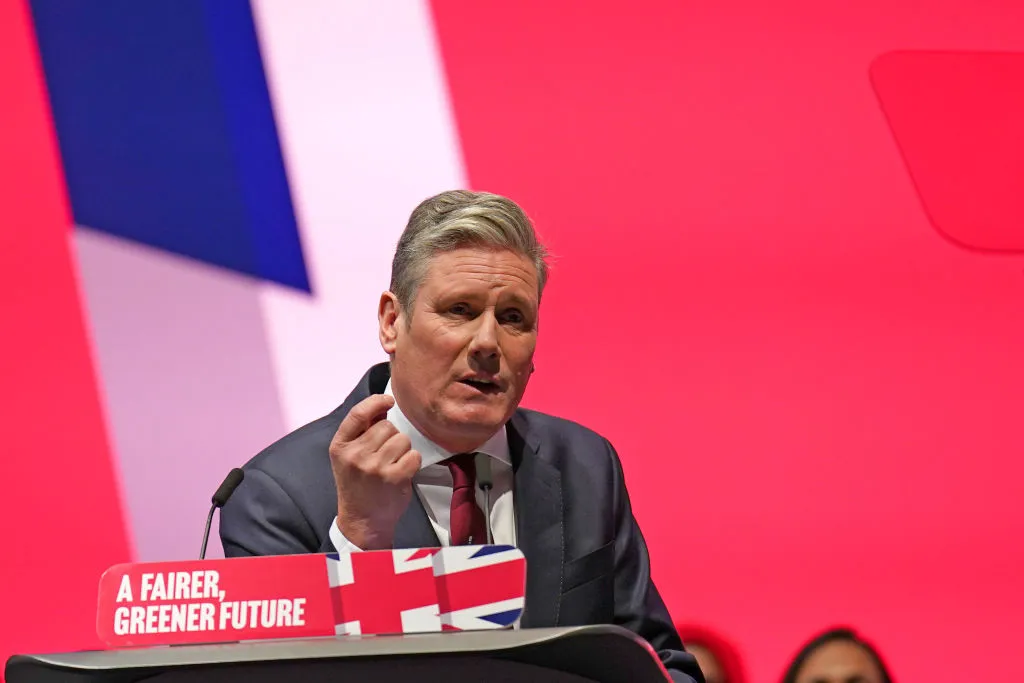Latest reports suggest that Labour has cut its green investment plans by half, ending weeks of speculation and confirming the biggest and most controversial U-turn of Keir Starmer’s leadership.
In a move that prompted an angry response from environmental groups, unions and some in the energy sector, Starmer and Rachel Reeves, the shadow chancellor, jointly announced they would slash the green prosperity plan from £28bn a year to under £15bn – only a third of which would be new money.
The move ended a protracted internal battle within Labour over the policy, with some senior officials urging Starmer to stick to his green commitments and others warning it would be an electoral liability.
While intended to shield against repeated Conservative attacks on the scale of borrowing required, the climbdown infuriated environmental campaigners, who said it would push up costs in the long term and make it harder for Labour to reach ambitious green targets.
Read also: BoM temperature records show Australia’s climate has warmed by 1.5C since 1910
The Unite union said that Labour risked “outsourcing their policymaking to the Conservatives”, while the energy industry’s trade group said it was concerned about the reduced ambition for “the future of our sector in the UK”.
Speaking to reporters in Westminster, Starmer said: “We will not reach the £28bn – the £28bn, therefore, is stood down and we focus on the outcomes. We want to get to that place because at the moment all you are ever asked about is the size of the cheque and we want to have an argument about the outcomes, which is what matters.”
He added: “We announced the £28bn two and a half years or so ago, when interest rates were very, very low. Since then, Liz Truss crashed the economy and other damage has been done. [Interest rates] are now very, very high – interest on government debt is already tens of billions of pounds a year.
“We’ve always said we have to be within the fiscal rules and fiscal rules come first.”
Labour announced the £28bn spending plan in 2021, as Reeves promised to be the UK’s “first green chancellor”. She said at the time the money would be spent on battery manufacturing, hydrogen power, offshore wind, tree planting, flood defences and home insulation.`
Story was adapted from the Guardian.
